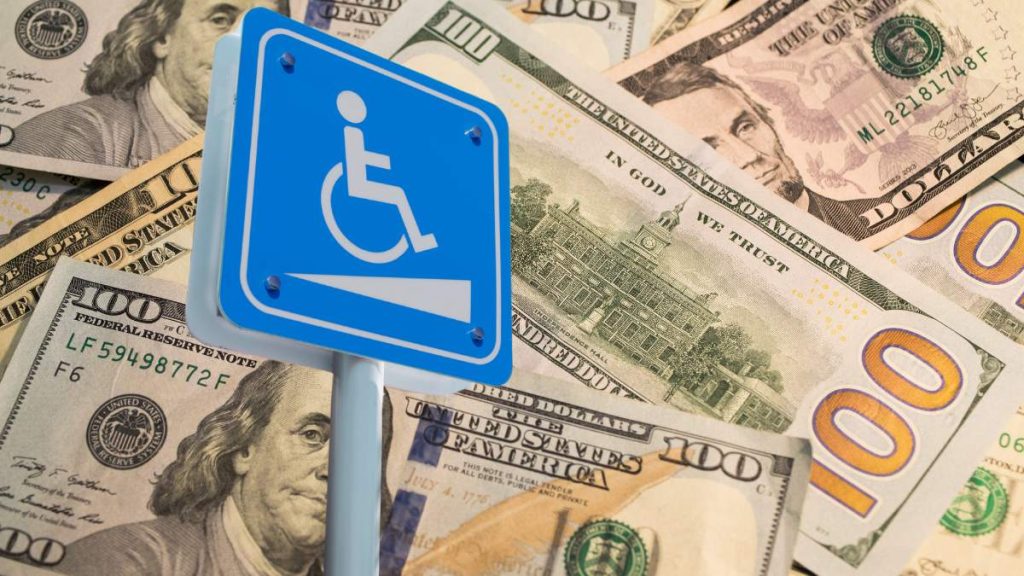If you are receiving Social Security disability benefits (SSDI), you already know that the process was not easy. But here’s something you may not be clear about: approving the application is not the end of the road. Your monthly payments depend on you following certain rules, and if you don’t, you could face delays or even lose financial support.
SSDI benefits are focused on workers who suffer from an illness or condition that makes it impossible for them to perform a lucrative activity, that is, a job for which they receive payment, but it depends on many factors whether the benefits continue to arrive on time, because they are not automatic.
So that you are not caught off guard, I tell you the five key steps you should prioritize this year.
Keep your SSDI: update your personal data without delay
For example, if you move house, change your phone number, or even change your legal name (due to marriage, divorce, or another reason), but you don’t notify Social Security. What’s happening? Simple: the Social Security Administration (SSA) could lose contact with you. And if they can’t reach you to confirm details or resolve issues, your payments could be stuck.
The solution is quick: periodically check your profile on my Social Security (the SSA’s online platform) or call the agency directly. Make sure your address, phone number, and legal name are always up to date. Don’t underestimate this: a minor mistake can cause you unnecessary headaches.
Extra income can cause your disability payments to be stopped
Working part-time, receiving money for freelance projects, or even your partner getting a pay raise… all of this could affect your benefits. The SSA has strict limits on how much you can earn without jeopardizing your eligibility. For 2025, the maximum amounts are:
- $1,620 per month if you are not legally blind.
- $2,700 a month if you are legally blind.
The SSA cross-checks data with the IRS. If your income exceeds these numbers and you do not report it, you expose yourself to claims for overpayments, fines, or suspension of benefits. The key here is transparency: communicate any changes to your finances, even if they seem insignificant.
Be careful with working more than necessary
If you’re trying to get back into the workforce, celebrate progress, but maintain clear boundaries. The SSA not only looks at how much you earn, but also whether you engage in “substantial gainful activity.” This means that even if your income is within the monthly limit, if you work too many hours or take on complex responsibilities, you may no longer qualify as disabled.
Keep detailed records of your hours and earnings. If your employer offers you more hours or a promotion, think twice and consult with a specialist before accepting.
If you change banks, notify the SSA NOW
Did you close your direct deposit account or open a new one? Don’t wait! Update your banking information with the SSA immediately. If a payment bounces because the account is closed, the agency could freeze all your future payments until you correct the error.
To avoid this, verify your information in my Social Security or call the SSA. It’s a quick procedure, but ignoring it can leave you without money when you need it most.
If who manages your money changes, let them know too.
Does anyone help you manage your benefits? Maybe a family member, a trusted friend or an organization. That person is your representative payee, and the SSA should know who that is. If for any reason you stop working with her (for example, you change caregivers or decide to manage your money yourself), you must notify her immediately.
If you do not do so, the agency could pause your payments until the new situation is validated. It is not personal: it is a protocol to avoid fraud.
When does the April 2025 payment arrive?
Deposit dates depend on two factors: when you started receiving benefits and your birthday. Here the calendar:
- April 3: For those who received benefits before May 1997.
- April 9: If your birthday is between the 1st and 10th of the month.
- April 16: If you have a birthday between the 11th and the 20th.
- April 23: If your birthday is between the 21st and the 31st.
VA disability payments (for veterans) are deposited on May 1, since they usually arrive on the first business day of the following month.
